
Deloitte’s James Xu on the COVID-19 pandemic and the future of real estate
For James, the well-known adage “location, location, location” may well be replaced by a new one: “location, insight, experience”
James is an Audit and Assurance partner based in Singapore and is currently the Real Estate Sector Leader of Deloitte Southeast Asia. He has more than 22 years of public accounting experience, including two years in Deloitte’s New York office between 2002 to 2004.
James has extensive experience in auditing multinationals and local companies in various industries including Real Estate, Construction, Consumer Products, Energy and Resources, Manufacturing, and Technology, Media and Telecom. He also has significant experience in international coordination, cross-border audits, and large group audits.
As one of the judges of Real Estate Asia Awards 2021, James sat down with us to share some of his insights about the real estate industry, the COVID-19 pandemic, realtors, digital maturity, and why he believes that in the future, square footage will be replaced by data in real estate.
What do you think is the most important factor when judging real estate developments for the Real Estate Asia awards?
The Real Estate Asia Awards aim to recognise the most innovative real estate developments in the Asia Pacific. With the COVID-19 pandemic in the backdrop, I will be looking to understand how real estate companies are leveraging innovation to remain competitive and thrive in the long term. This could include preparing for an even more data-based and digital future, redesigning business models to make them more sustainable, or even radically redefining the value of real estate in an increasingly digital world.
How has COVID-19 changed the real estate industry? And for those who have been badly hit, what can companies do to jumpstart their recovery?
COVID-19 has accelerated the use of technology in the real estate industry. In a matter of weeks, most of the workforce shifted to remote work, property tours turned virtual, tenant communications migrated to virtual channels, and more technology was deployed to deal with day-to-day operations.
But looking ahead to the longer term, the pandemic is also creating evolving shifts in tenant and end-user preferences, which will likely influence leasing demand. Specifically, an increasing number of tenants across the hotel, retail, and office spaces are looking to rationalise their commercial real estate footprint as their end-users substitute virtual for physical experiences.
This has generated some short-term uncertainty surrounding property valuations and the premium associated with Class A properties globally. As a result, real estate companies will need to reassess the value proposition of their properties, and reposition the value of some of their existing real estate spaces.
In particular, with tenants and end-users likely to leverage different physical spaces to make emotional connections, spaces are likely to be valued on their experiential values – rather than traditional metrics such as cost or sales per square foot – and owners/operators will need to shift their mindsets to align with how tenants place strategic bets on their real estate investments.
To support them in making such decisions, companies could use sensing tools, alternative data sets, and analytics to evaluate and predict the impact of changing investor and tenant/end-user preferences on their real estate usage and demand. In some instances, companies may have to be creative and adapt existing spaces for new or complementary purposes.
Traditional real estate agents are now facing stiff competition from non-traditional sources like virtual realtors and fee-for-service brokers. What's your view on this?
For the foreseeable future at least, there will always be room for face-to-face interactions in the real estate industry simply because the spaces are physical, and the transactions tend to be sizable. In both situations, tenants are likely to continue to prefer in-person interactions with their real estate agents. Tenants are also prone to asking very specific, micro questions about their prospective property and its surrounding physical location – questions that virtual realtors, who are not technically “on the ground”, may find more challenging to answer.
Nevertheless, this does not mean that traditional real estate agents should neglect their online presence. As we have seen during the pandemic, the appropriate use of technology – such as virtual reality (VR) to provide virtual tours – could be useful complements to the physical experiences that real estate agents provide. At the very least, online presences are also valuable storefronts for real estate agents, as most tech-savvy tenants today conduct at least some preliminary research online.
This brings us to the topic of another emerging new business model: as tenants become more sophisticated at researching their properties and negotiating their deals, some may no longer see the value in paying commissions as a negotiated percentage of the transaction size. Rather, they may prefer fee-for-service brokers or brokers who charge specific fees for the particular services that they perform.
But it remains to be seen whether such models will take off within the Asia Pacific region. Ultimately, this will depend on several different factors, including but not limited to the ability of both contracting parties to overcome information asymmetries, as well as the willingness of the parties to perform their location work.
The real estate industry is now poised to adopt new technologies. What are some of the challenges that you see, and what strategies can businesses use when transitioning to digitisation?
Much has been said about digitisation, but the main principle remains. Digital transformation must, above all, be value-enhancing, and aligned to solving real business problems. But historically, many real estate companies have taken a reactive approach to digital transformation. As a result, we see challenges arise when companies fall in love with the promised technology functionality, but end up disappointed with the reality.
To yield more meaningful results, real estate companies need to develop a more structured approach to their digitisation efforts. This could take the form of a digital transformation roadmap, which will enable them to better balance their strategic and tactical decisions, and focus on the technologies and initiatives that deliver strategic value.
Broadly speaking, such a roadmap will entail the assessment of a company's digital maturity in areas such as managing operations, elevating tenant experience, and developing technical talent. This assessment will then in turn enable leaders to frame their execution plans to focus on their key priorities, while ensuring that the transformation team has the right talent and governance structure to implement the digital solutions.
Overall, the real estate industry is also beginning to understand that the market cycles for change are far shorter than before. Planning for digital change now occurs on a two- to five-year time horizon rather than the more traditional 10 to 20-year horizon, and many real estate companies are keen to accelerate their journey.
To do so, they should consider focusing on investments in technologies that can serve as building blocks of their digital transformation efforts – including but not limited to cloud, robotic process automation (RPA), and artificial intelligence (AI) – and leveraging the use of strategic partnerships with technology providers or PropTechs.
What do you think is the future of real estate in Asia and the world?
In the future of real estate, the value of real estate for businesses will increasingly be determined by a different yardstick. Square footage is being replaced by data, and services that enable work are taking the place of the traditional space to work. The well-known adage “location, location, location” may well be replaced by a new one: “location, insight, experience”.
Globally, we are witnessing how new business models are emerging to offer value propositions based on insights and experiences. Leveraging lessons from the technology industry, Real Estate-as-a-Service (ReaaS) players, for example, offer an alternative monetisation model by targeting consumer behaviour – rather than the product – and generate revenues based on the outcome of improved experience and productivity.
Examples of ReaaS services could include the provision of insights through analytics, features and facilities rights management, location-based services, and even digital marketplaces for third parties. Monetisation models, too, could vary: they could take the form of additional revenue for property owners and tenants, including subscriptions, consumption-based models, data monetisation, or marketing and advertising.
In the face of alternative models and increased competition, the question that all real estate companies must therefore answer is: what is the real value of their property? To unpack this further, property owners need to consider how their space is being used, and not focus so much on whether it is being occupied. As real estate companies formulate their answers to this conundrum, we are likely to witness the value focus increasingly shift from offering spaces to offering digital and physical services to users.









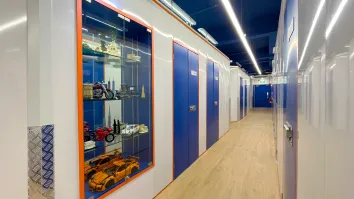




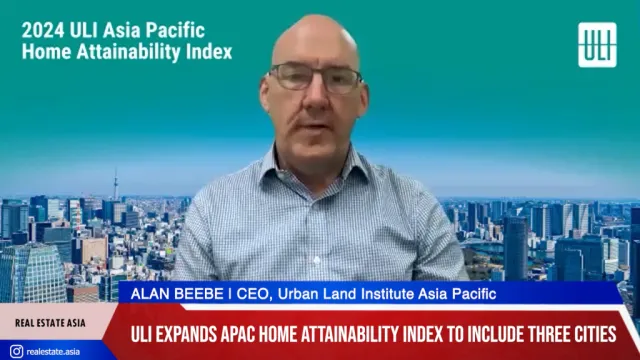
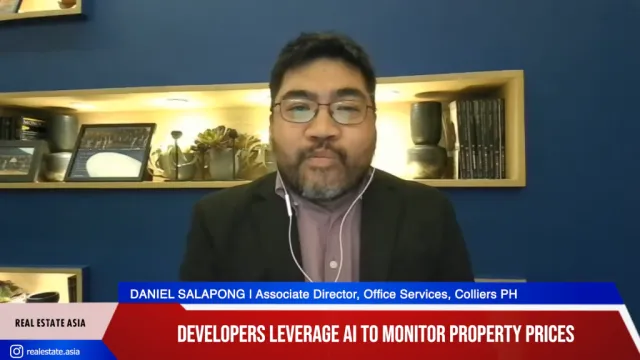
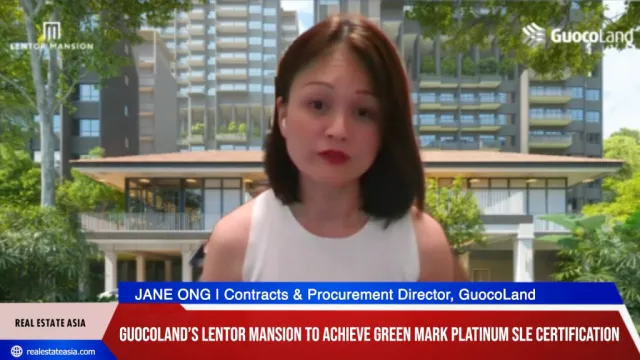

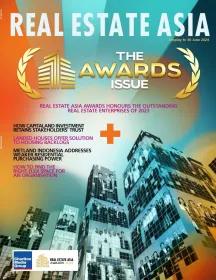
 Advertise
Advertise






